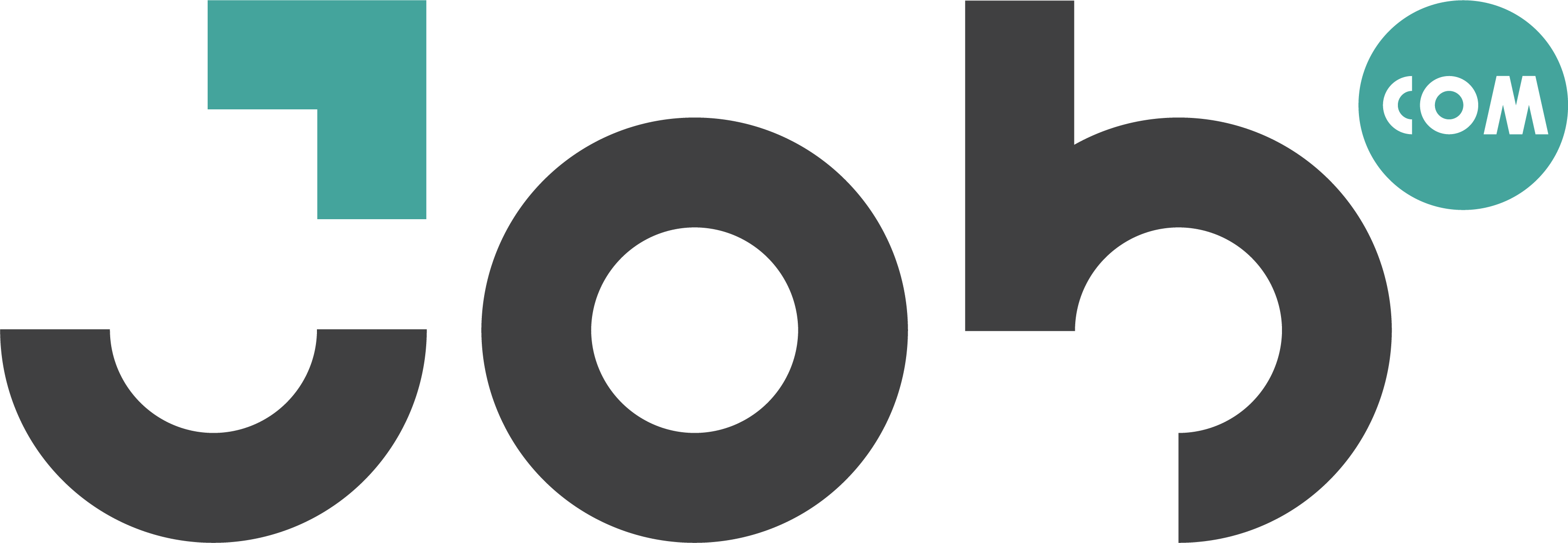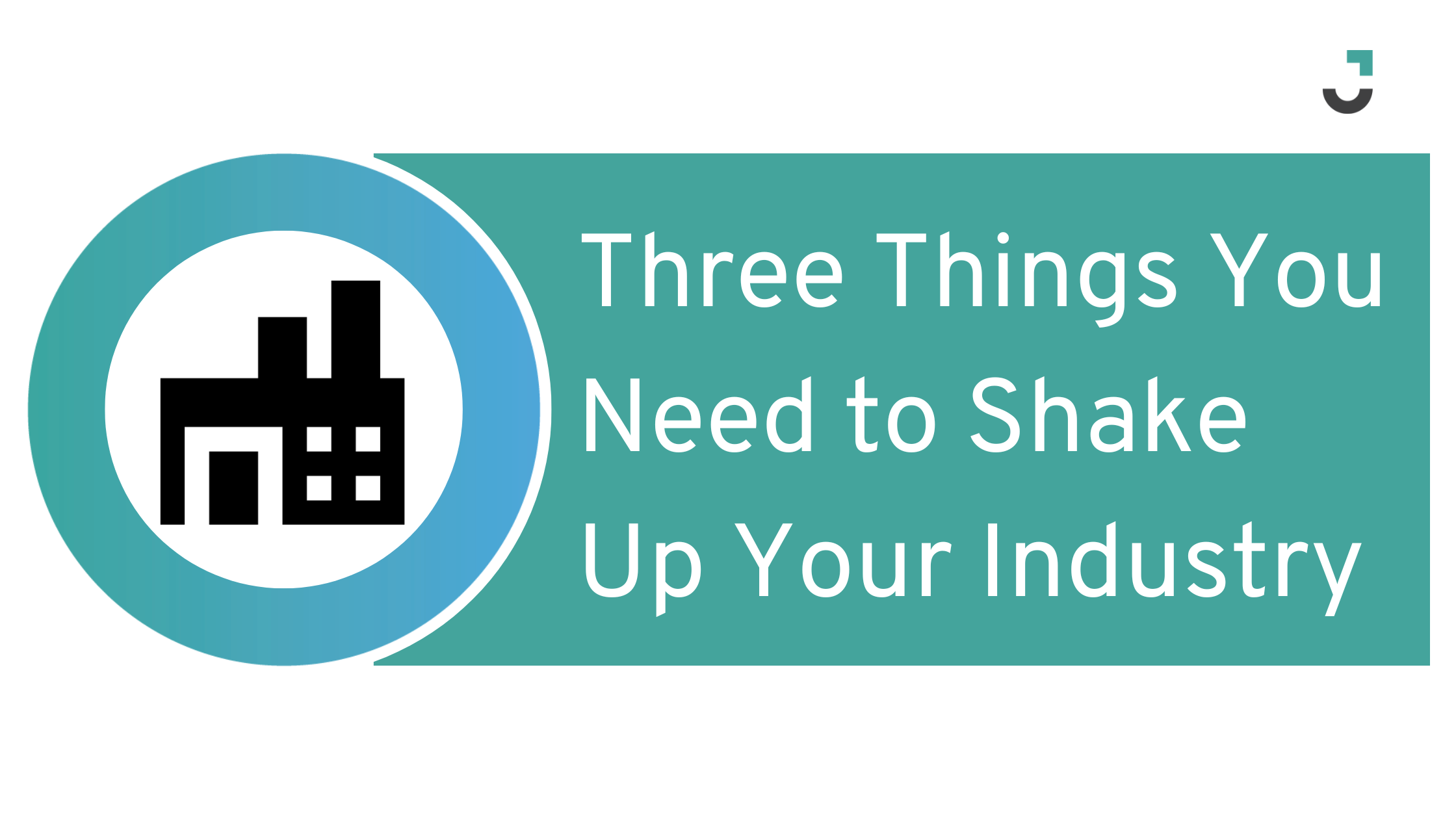Arran Stewart's interview with Authority Magazine
Can you tell us a bit about your “backstory”? What led you to this particular career path?
I grew up in a former manufacturing town called Luton, twenty miles north of London. I watched my hometown rapidly deteriorate as all the manufacturing opportunities left the area and the local economy crumbled. I have seen how imperative the structure that jobs provide to a person’s routine, health, and happiness is first hand. I naturally found that the recruitment industry — being a part of creating opportunities and helping people feed their families and pay their bills — was a deep-rooted calling.
Can you tell our readers what it is about the work you’re doing that’s disruptive?
Job.com is disrupting the job search industry by applying technology that brings a more accurately matched worker to an open position, with truly validated career credentials, in the fastest way possible. We strive to use technology to provide quality workers with the best opportunities for them. We also use technology to level the playing field — by anonymizing resume data, we increase the diversity of the job applicants who are invited to interviews. Everything we do is centered around a digital hiring experience and using data to make our hiring platform smarter.
Can you share a story about the funniest mistake you made when you were first starting? Can you tell us what lesson you learned from that?
I’m not sure my mistake was funny at the time, but looking back now, I laugh at myself for being so naive. I first entered the industry in the mid-aughts, and at the time, I thought I could set up a better job board than what was on the market. Now I must add, I had only been working in the industry for a few months before making this decision. I poured loans, my savings, and anything else I could get to create the job board, called Jobsfromblue. It was, as expected, a complete failure. When I look back now at all the things I didn’t know, didn’t plan on, and my general lack of consideration for what it takes to make a successful business, I simply laugh at my younger self for being so arrogant, naïve, and such an enormous risk-taker. The expression — Jump off the cliff and build the plane on the way down — has never been so appropriate for someone as it was for myself in my early twenties. Today, I am grateful for that mistake, even though it was very reckless, and I would discourage my own children from following in those footsteps. The truth is, the mistake gave me a baptism by fire, for which I am grateful as it taught me the power of hard work, how to survive difficult circumstances, and the tenacity to overcome past mistakes.
We all need a little help along the journey. Who have been some of your mentors? Can you share a story about how they made an impact?
I have had many mentors, in many different areas of my life. I believe mentorship is essential for growth — not only as a business person but as a human being in general. To name a few: my first economics teacher, Doctor Neil Charlton; the former CEO of the Alexander Mann Group, Jonathan Wright; CTO and Founder of Freeserve, Rob Wilmot; the CEO of Ericho Communications, Eric Yaverbaum; Co-Founder and CEO of One Call to All, Chris Smith; COO of Job.com, Bill Klehm; and my Job.com Co-Founder, Paul Sloyan.
All of them have contributed to pushing me forward in all aspects of my career — personality, relationships, and even how I perceive myself. They continue to provide me with advice, inspiration, and goals.
In today’s parlance, being disruptive is usually a positive adjective. But is disrupting always good? When do we say the converse, that a system or structure has ‘withstood the test of time’? Can you articulate to our readers when disrupting an industry is positive, and when disrupting an industry is ‘not so positive’? Can you share some examples of what you mean?
Disruption is good when it results in a net benefit to society and reaches the masses. One of the best modern examples of this is Tesla and how the company challenges the very fabric of the automobile industry as we know it. The benefits of having fewer fossil fuel burning cars for the environment are incalculable. Not to mention that Tesla made it cool to have an electric car.
A negative disruptor would be the continued automation brought to us by AI — millions of workers will see their jobs displaced in the coming years. Despite all the opportunities AI offers, we are in danger of not thinking through automation carefully enough and inadvertently hurting many by removing much-needed jobs. We have already seen this, with robotics contributing to the deterioration of jobs in the Rust Belt. These are areas that are now struggling, which will only continue to worsen as more and more workers are displaced by AI.
Can you share 3 of the best words of advice you’ve gotten along your journey? Please give a story or example for each.
“What is the best way to win a horse race? Own every horse.”
This advice was given to me when I was first beginning to reach a tangible level of success. The context was that in order to win, you have to cover every possible eventuality — success is luck created by putting in hard work.
“The best way to appear big is to stand on the shoulders of giants.”
We cannot do everything alone — we have to surround ourselves with people that will help push us forward. In order to make it big, to achieve greatness, you have to stand on the shoulders of others — your teachers, your mentors, your supporters, your collaborators, your competitors even, and the leaders and pioneers who shaped the industry before you. I received this advice when I started my first failed company. At the time, I hadn’t listened to what others were trying to tell me. I didn’t know what I didn’t know, and I was so concerned with doing everything myself that I had forgotten to surround myself with people who knew more and who would make me better. I was always trying to be the guy leading the way and bringing others forward, and I overlooked the need to look to others for guidance and to work on my own growth as well.
“The true definition of success is happiness.”
My dreams in my early twenties were far more materialistic than they are today. Back then, I prayed for a fancy car — like a Ferrari. Today, I pray for my children’s health and my wife’s happiness. I dream of helping as many people as possible feed their families and pay their bills. Money can be a byproduct of doing something great, and financial security is incredibly important for health and happiness, but money itself is not what makes you happy. For that reason, money cannot truly be the definition of success — happiness is. You can have all the money in the world and still be miserable. But when you’re happy, when you’re fulfilled and focused on what really matters in life, you can handle whatever comes your way. When we’re driven by a quest to enrich our lives with the things that make us more human, our happiness isn’t dependent on the kind of car we drive. When you create happiness through doing fulfilling work — work that’s meaningful and benefits society — you inevitably create more happiness (for both yourself and the world), and any challenges along the way are simply part of the journey.
We are sure you aren’t done. How are you going to shake things up next?
I’ll always continue working in the job search industry, it’s my passion. My goal is to continuously improve the way people find career opportunities. A job is a fundamental need that will never go away, so I will continue to identify better ways to utilize new technology to improve the hiring industry.
Do you have a book, podcast, or talk that’s had a deep impact on your thinking? Can you share a story with us? Can you explain why it was so resonant with you?
I actually do not and would be lying if I said I did. I do listen to lots of podcasts, but I’m not sure how impactful they are on my thinking. I’m more touched by the people I meet, talk to, collaborate with, and my day-to-day interactions. I prefer real human interaction and am a massive people watcher, always studying both the verbal and body language of people interacting with one another. I don’t have a specific story relating to this, only that I simply value other humans and try to learn from everyone I meet.
Can you please give us your favorite “Life Lesson Quote”? Can you share how that was relevant to you in your life?
“If it were easy, everyone would do it.” My entrance into the business world was a challenging one, and I very clearly remember a client I did business with early in my career, Mark Flawn, sitting across the desk while telling me that. It hit me like a bolt of lighting — I had never thought of my career path, setbacks, and ambitions from that perspective before. It was all at once comforting, validating, and energizing; it made me feel like all of my challenges were vital parts of my journey to success, they weren’t failures, but experiences that helped me grow and pushed me to be better. In fact, the only true failure would be giving up. Giving myself permission to make mistakes and accepting that I couldn’t succeed without also struggling was like being wrapped up in a giant comfort blanket. It made me realize that perseverance was the key to making it to where I wanted to be. Like water with rocks, only with time and persistence could I grind away my goals into tiny grains of sand, finally making them attainable. That quote has given me strength on many, many occasions.
You are a person of great influence. If you could inspire a movement that would bring the most amount of good to the most amount of people, what would that be? You never know what your idea can trigger. :-)
Don’t compete, cooperate. Help others and allow yourself to be helped by others. Have a cooperative mentality where it’s you with the world, not against it. The view that in order to make it, we must crush the competition and do so at any cost is simply not true. People can find competition in the strangest of places — friendships, colleagues, even family — but the person you should really be competing with is yourself. Envy no one, support everyone, find joy and inspiration in the successes of others, and strive to bring us all forward — that is the key to greatness. If I can touch people’s lives in a positive way — one that gives them even a shred more fulfillment, opportunity, and happiness — then I win too. Always remember that when one of us wins, we all win.
Original Article Here
Author: Arran Stewart, Chief Visionary Officer, Job.com


